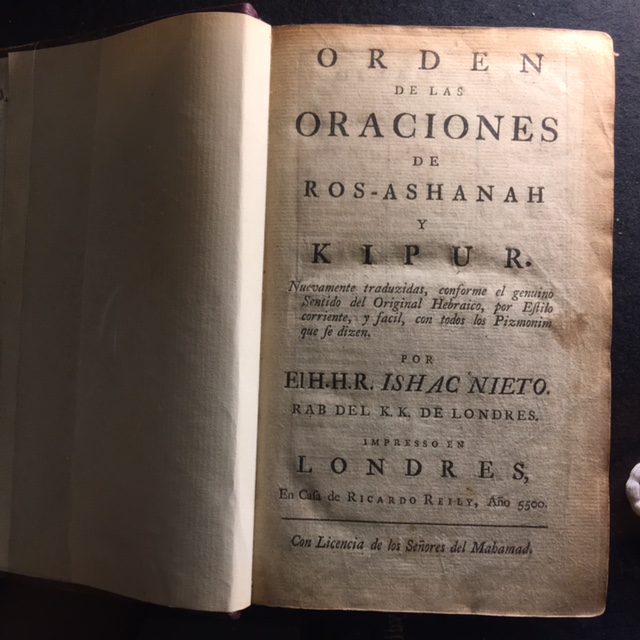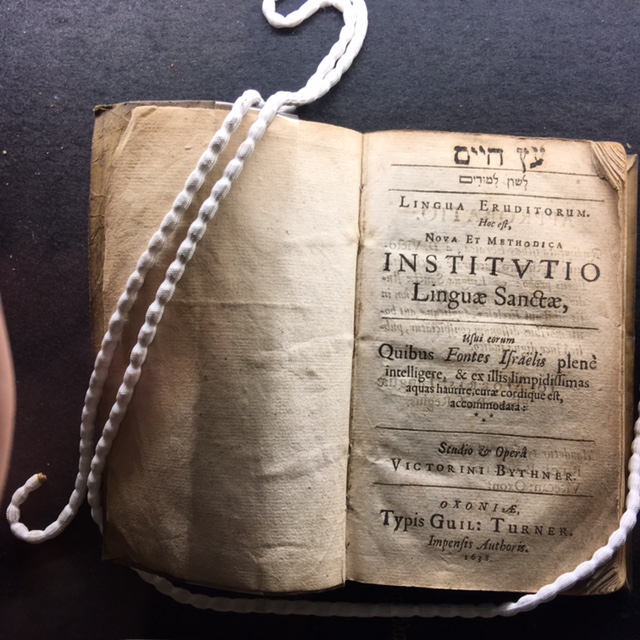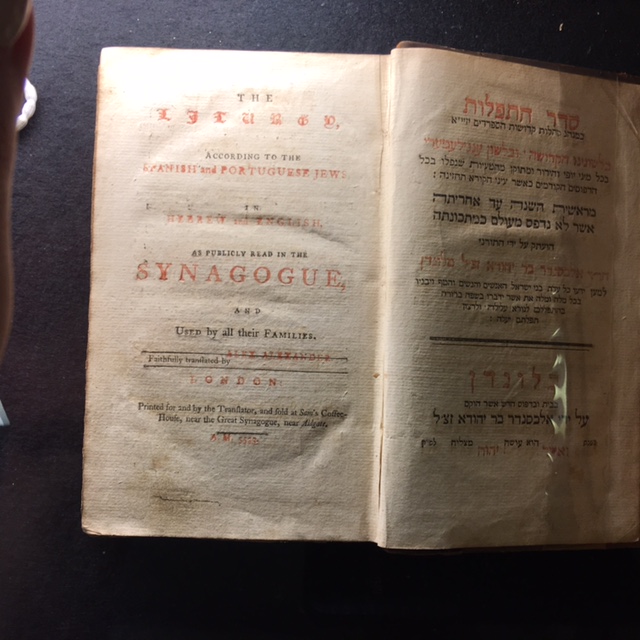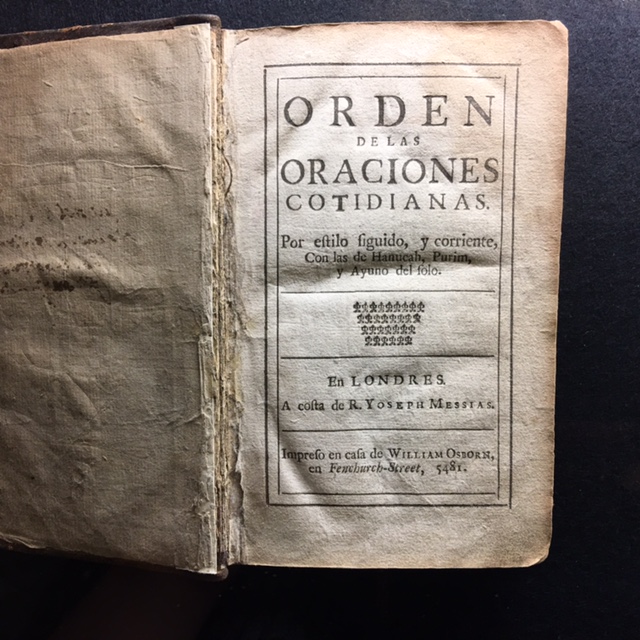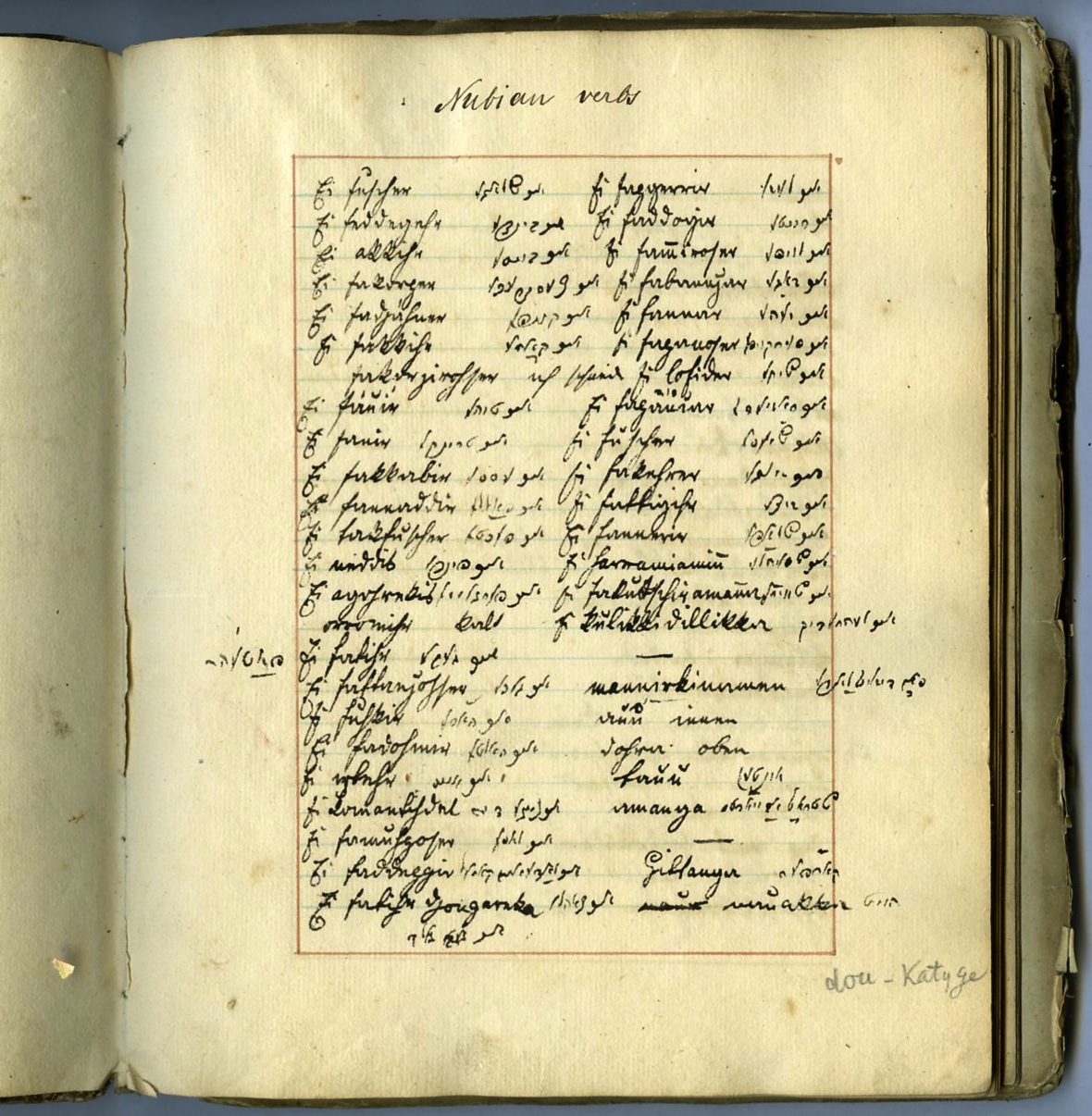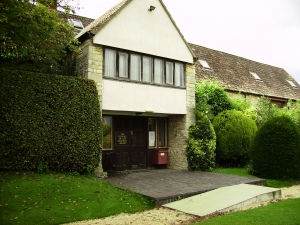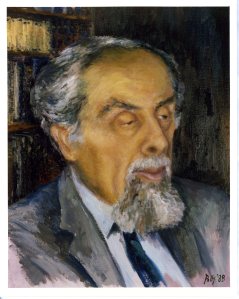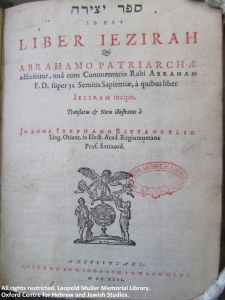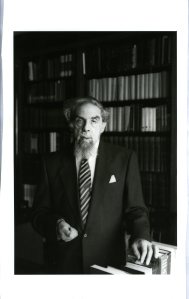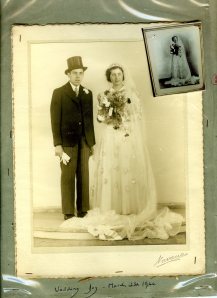Thanks to the generosity of the Joir and Kato Weisz Foundation, which acquired the collection from the Spanish and Portuguese Jews’ Congregation of London and donated it to the Centre, the Leopold Muller Memorial Library has been privileged to receive the Weisz Western Sephardi Collection.
The collection was assembled mainly by the late Dr Richard Barnett, the Honorary Archivist of the Spanish and Portuguese Jews’ Congregation. It comprises over 500 items, including books, manuscripts, sermons, rabbinic responsa and commentaries, as well as letters by Sephardi Jews, some of them rabbis or members of the Congregation or of the mother congregation in Amsterdam; there are also works by Christian Hebraists which witness to the continued exchange of opinions and knowledge between the members of Jewish communities and their host nations. There are many examples of printed ephemera, including notably prayers for special occasions and calendars, and also printed and other material for the internal use of the communities, such as community and philanthropic societies’ byelaws, ordinances and lists of members. Notable is the only known copy of the first edition of the Prayer Book for Sephardi usage printed in England, in 1721.
There is a rich trove of works in Spanish and Portuguese, including both translations from the Hebrew and original works, all aimed at making it possible for newly arrived Crypto-Jews, also known as marranos, to acquire a functioning knowledge of Judaism. The works encompass Bible, prayer books, apologetic treatises and practical manuals of kashrut and purity; in short, manuals for people who had all but forgotten everything about Judaism but who knew that their families had once been Jewish.
Most of the printed material comes from Amsterdam and some is from London. There are also works printed in Alexandria, Algiers, Altona-Hamburg, Barbados, Basel, Bordeaux, Corfu, Curaçao, Florence, Gibraltar, The Hague, Livorno, Madrid, Naples, Oporto, Paris, Nice, Utrecht, Verona and Venice – a true atlas of the Sephardi Diaspora.
- Orden de las oraciones de Ros-Ashanah y Kipur. Nuevamente traduzidas [..] por Ishac Nieto. London: Richard Reilly, 5500 [1739-40]. Isaac Nieto (1687-1773),Ḥaḥam David Nieto’s son, was ḥaḥam from 1732 until 1741, and subsequently became a public notary. The translation is notable for its style. Also interesting is the fact that after several generations out of the Iberian Peninsula, Sephardi writers still cleaved to the Spanish language for compositions of this kind.
- Bythner, Victor. לשון למודים (Leshon limudim) Lingua eruditorum. Oxford: William Turner, 1638. Bythner, a Polish-born scholar, taught Hebrew in Oxford and Cambridge. According to Anthony à Wood, he was ‘blessed with a most admirable geny for the obtaining of the tongues’. It is no coincidence that his popular book on Hebrew grammar (it was reprinted and adapted as late as 1853) was part of the collection of the Spanish and Portuguese Synagogue’s Talmud Torah, also called Ets ḥayim. The tradition of studying Hebrew grammar, together with the more traditional subjects of a yeshivah, had already been established by the mother community in Amsterdam.
- סדר התפלות Seder ha-Tefilot. The Liturgy according to the Spanish and Portuguese Jews. London: Alex. Alexander, 5533 [1782-83]. The prayer-book was first translated into English in 1738 by Gamaliel ben Pedahzur (Abraham Mears). This translation, is the work of Alexander ben Judah, and is unusual in being one of the first bilingual editions.
- López Laguna, Daniel Israel. Espejo fiel de vidas que contiene los Psalmos de David en verso. London, 1720. This work, entitled True Mirror of Lives, is a paraphrase of the Psalms in Spanish, initiated while its autor was imprisoned by the Inquisition. López Laguna (ca. 1653-ca. 1730), born in Portugal, raised in Southwest France and imprisoned by the Inquisition while a student in Spain, later moved to Jamaica, where he became naturalised and openly professed Judaism. He travelled to London in 1720, where this work was published under the patronage of Mordecai Núñez de Almeida. His life exemplifies the transnational nature of the Sephardi experience. The book contains dedicatory poems ingeniously crafted in Spanish, English, Hebrew, Latin and Portuguese, at least three of them authored by women.
- Orden de las oraciones cotidianas. London: William Osborn, 5481 [1720-21]. This translation of the prayer-book into Spanish was popular among Sephardi Jews, many of whom had returned to Judaism after growing up as Crypto-Jews in the Spanish territories. What makes this siddur special is that it is the first Jewish prayer-book printed in England. It was published in London at the expense of Joseph Messias.
- Nieto, David. מטה דן וכוזרי חלק שני [Mateh Dan ṿe-Kuzari ḥeleḳ sheni] . London: Thomas Iliffe, 5474 [1713-14]. Nieto (1654-1728), born in Venice, was ḥaḥam of the Spanish and Portuguese Synagogue between 1701 and 1728. His Mateh Dan or [rather than ‘and’] the second Kuzari, alluding to the title of Judah Halevi’s famous medieval treatise, was an apology of the Oral Law, and a defence of rabbinic Judaism against those crypto-Jews that attacked it. Ḥaḥam Nieto was the most distinguished thinker in the Anglo-Jewish world in the first half of the 18th century.
The Centre is grateful to the Weisz Foundation for the donation, to Mr Edgar Samuel for initiating the transfer of the collection and to Dr Jeremy Schonfield for facilitating the process.
WEISZ WESTERN SEPHARDI COLLECTION LECTURE
Tuesday 15th November 2016, 6pm
at the Clarendon Institute
Professor David Abulafia
(Cambridge)
The first Sephardim in the Atlantic Islands
Refreshments will follow

